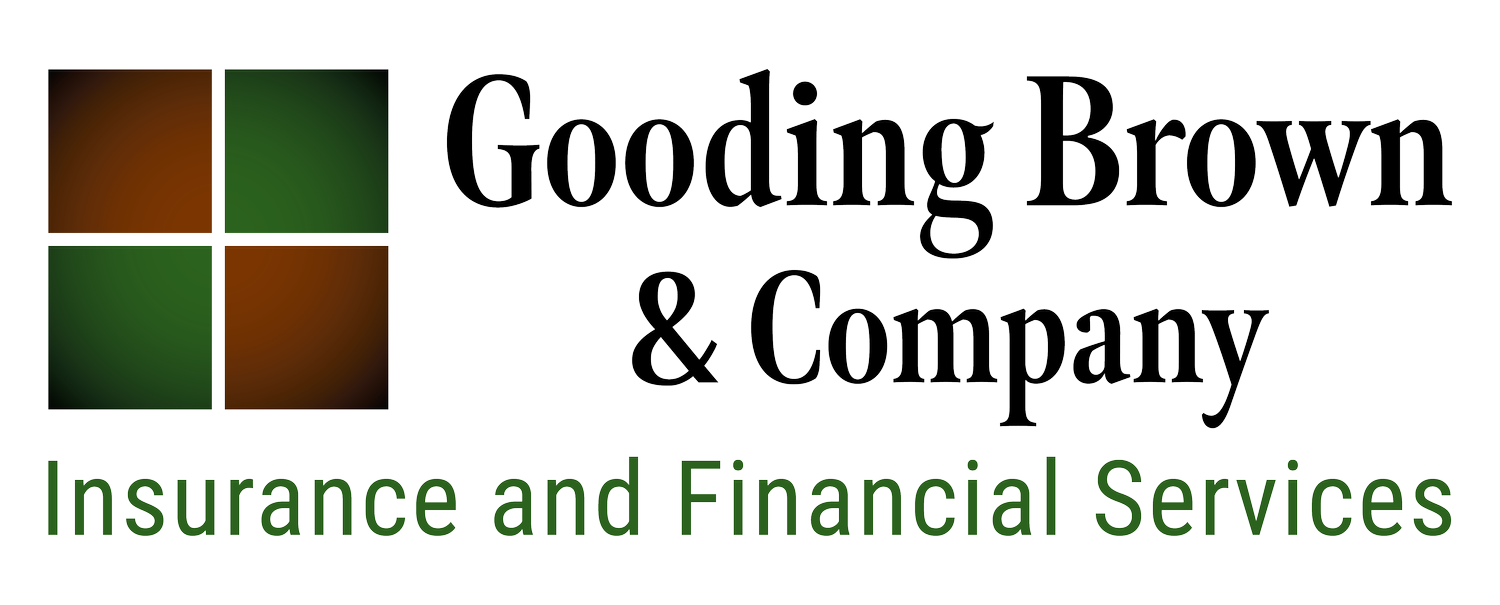Safeguarding from Potential Scammers
In today's digital world, the Internet offers convenience and accessibility in almost every aspect of our lives, including insurance. You can compare policies and even obtain quotes for coverage online with just a few clicks. However, this convenience also comes with its own set of risks, particularly when it comes to insurance scams. As online scams become increasingly more complex, it's more important than ever for consumers to be informed and proactive. In this article, we'll share quick tips to shield yourself from being a scam victim.
Online insurance fraud occurs when cyber-criminals submit fake applications or make multiple accounts to claim insurance, ultimately trying to double their gains. Scams come in various forms, but they all share the goal of exposing unsuspecting individuals.
Scammers often create fake insurance websites that mimic legitimate insurers. These websites may offer enticing deals and promises of comprehensive coverage at unbelievably low prices. However, once you provide your personal information and payment details, the scammer disappears, leaving you without coverage and potentially exposing your sensitive data to identity theft.
Another common tactic involves individuals posing as legitimate insurance agents or brokers. They may contact you via email, phone calls, or even social media, offering attractive insurance packages with minimal underwriting requirements. However, these individuals are often unlicensed or affiliated with fictitious insurance companies, and the policies they sell may be entirely bogus.
In an overpayment scam, fraudsters purchase insurance policies using stolen credit cards or fraudulent checks. They then request refunds for overpaid premiums, typically through wire transfers or electronic payments.
Avoiding Insurance Scams
Protecting yourself from insurance scams requires a combination of caution, research, and attention to detail. Before purchasing insurance online or engaging with an insurance agent, take the time to research the company or individual. Legitimate insurers and agents should be registered and authorized to conduct business in your area.
Make sure to avoid unprompted emails, phone calls, or social media messages offering insurance products or services, especially if they pressure you to make immediate decisions or provide personal information.
If you discover that you've fallen victim to fraud, it's crucial to take immediate action to hinder further damage:
Document all the details of the fraudulent activity, including dates, amounts, and any relevant correspondence or evidence.
Contact your financial institution or credit card company to report the fraud and freeze your accounts if necessary.
File a report with organizations such as the Federal Trade Commission (FTC) or the Consumer Financial Protection Bureau (CFPB) is also best practice.
Notify the credit bureaus to place a fraud alert on your credit report to prevent unauthorized access to your accounts.
If something doesn't add up or seems unclear with your policy before or after the fact, always ask questions and seek clarification from an agent. Whether you're shopping for auto insurance or any other type of coverage, remember to be cautious, do your research, and pay close attention to detail. For more tips and tricks to navigating insurance coverage, check out our website here or give us a call at 765-642-9949!
